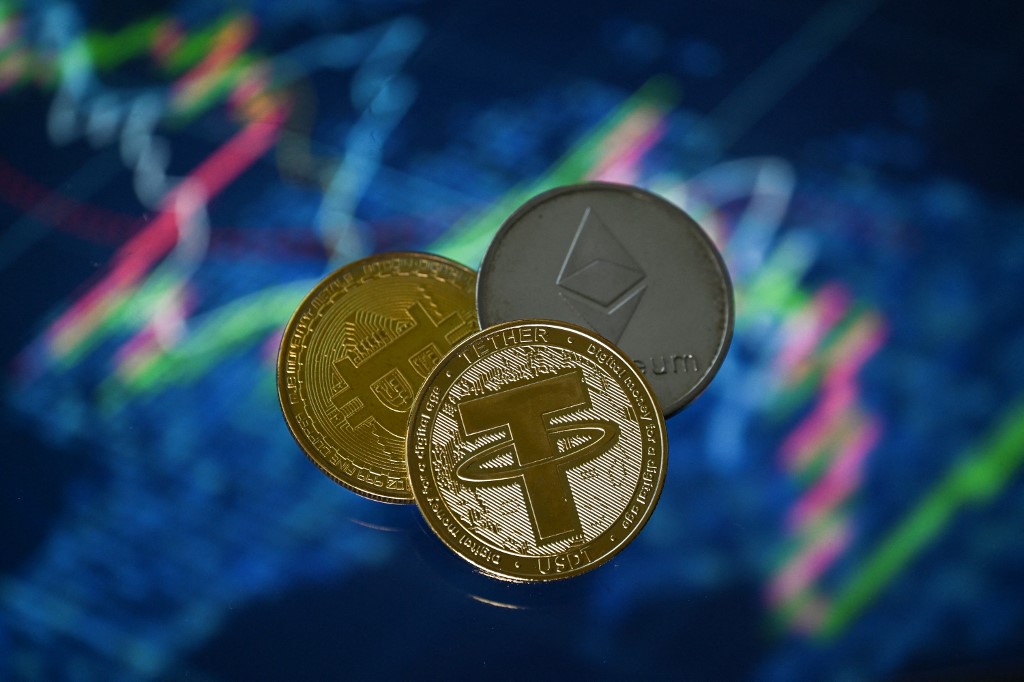Understanding Blockchain: The Backbone of Cryptocurrencies
-
 Jason Lake
Jason Lake
- December 22, 2024

“Put it on the blockchain,” they said back in 2018. It was a simpler time; NFTs (Non-Fungible Tokens) were only just starting to take off, and the chatter around this emerging technology was quite optimistic. Now that we can use these networks to buy and sell digital goods as well as cryptocurrency, what else can we decentralize? The government? The media?
Then those apes happened. The NFT space has been all rolling tumbleweeds since the Crash of ‘22, but that doesn’t mean people weren’t onto something. Blockchain technology still has untapped potential; in theory, you can use it to store and exchange pretty much any data you want, quickly and securely.
For now, the most important thing people exchange on the blockchain is money. Cryptocurrencies like Bitcoin and Ethereum are simply better at doing their job than euros and U.S. dollars – at least from a technical standpoint. If you want to make smarter choices with your crypto betting and investing, start by brushing up on the blockchain itself.
What Is “The Blockchain”?
The first thing we need to clear up is this: we have more than one blockchain. Each cryptocurrency “lives” on a blockchain; some coins have their own, some are shared.
Having said that, when people wanted to keep track of business in ancient times, they (and/or their accountants) wrote their transactions down in books called ledgers. A blockchain is a digital ledger, where each record is known as a block, and successive blocks are chained together using cryptography to keep everything secure.
Going digital is great and all, but the key selling point with blockchains is that they’re distributed ledgers. Instead of being part of a centralized database, which requires oversight, a blockchain exists on a computer network, usually a peer-to-peer network when it comes to crypto. This network can be public or private; in the case of Bitcoin, everything is public and open-source.
Is Bitcoin a Blockchain?
Close – Bitcoin is a cryptocurrency. But the person (or people) behind it, the pseudonymous Satoshi Nakamoto, was also the person credited with creating the first properly decentralized blockchain. Nakamoto added to previous designs by introducing a “proof-of-work” system to the chain; each block was given an algorithm known as a hash that requires a certain amount of computer work to solve, thus deterring spammers and making the whole thing viable.
As it turns out, proof-of-work also consumes an incredible amount of energy to solve all those hashes. That’s why cryptocurrencies like Ethereum have switched their blockchains to a “proof-of-stake” system, which ties the amount of hashes any one party can solve to the amount of crypto that party is holding.
Not everyone is pleased. On the plus side, Ethereum reported a 99% reduction in energy consumption after making the switch in 2022. But at what cost? By introducing proof-of-stake, you also introduce a certain level of centralization; whoever has the most crypto gets to do the most validating of hashes. Security weaknesses have also been found, and Ethereum has been upgraded multiple times in response.
Can I Start a Blockchain?
Yes, you can make your own blockchain and your own cryptocurrency if you want. It takes a fair amount of know-how; you’ll need to do some research and some manifesto writing (use case, proof of concept, etc.), decide whether to implement the proof-of-work or proof-of-stake protocol, then design your network, test, and launch.
Once you’re happy with your blockchain, you also have to maintain it. These networks use cryptography because they anticipate they’ll be under attack; bad actors are always after your data, especially if it’s crypto, so keep a vigilant eye on your blockchain. Protect yourself at all times.
Now that you know the very basics of blockchain technology and what makes it so important, you’ll be able to read the crypto news without going all cross-eyed, and you’ll make smarter choices when you bet with Bitcoin or any other digital coin in your arsenal.






